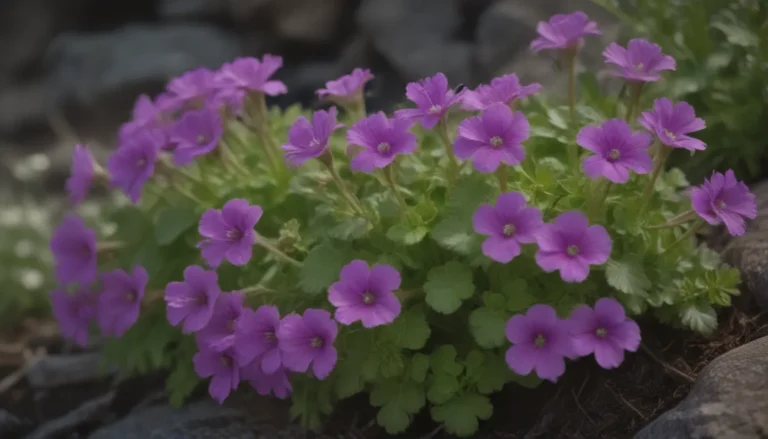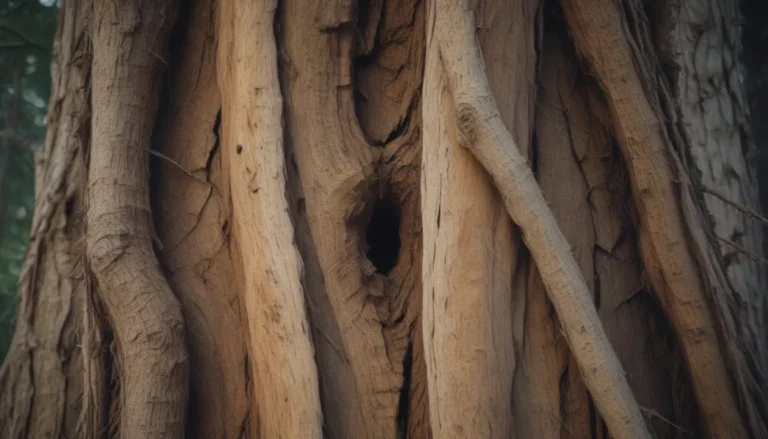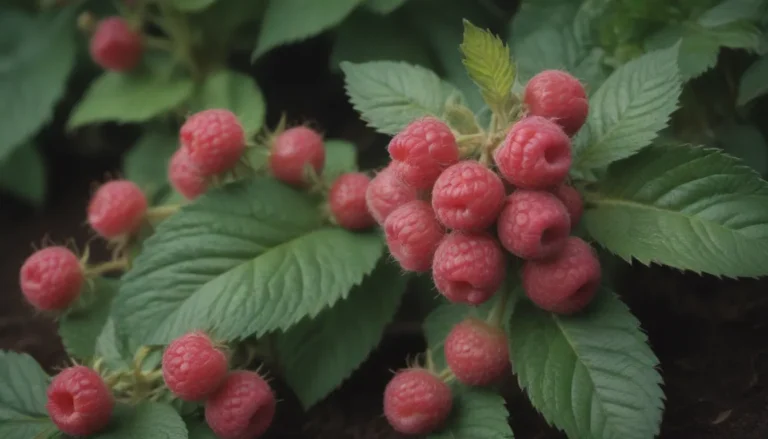The Complete Guide on How to Remove Clover from Your Lawn

Clover is a common sight in many lawns, but while some may appreciate its benefits, others see it as a nuisance. If you fall into the latter category and want to get rid of clover in your lawn, we’ve got you covered. In this comprehensive guide, we’ll explore various methods for removing clover, ranging from chemical herbicides to organic solutions. Whether you prefer a pristine, clover-free lawn or are considering the benefits of keeping clover around, we’ll provide you with all the information you need to make an informed decision.
Why Remove Clover?
Before delving into the methods for removing clover, it’s essential to understand why you might want to do so. While clover can have its benefits, such as nitrogen fixation and pollinator attraction, there are a few reasons you might choose to remove it from your lawn:
- Aesthetic preferences: Some prefer a uniform, manicured look that is only achievable by removing plants or weeds that are not grass.
- Control over lawn appearance: Removing clover allows you to have more control over the appearance of your lawn, ensuring that it remains free of unwanted invaders.
How to Get Rid of Clover
1. Use Herbicides
If you’re open to using chemical solutions, herbicides can be an effective way to eliminate clover from your lawn. Look for post-emergent herbicides known as “broadleaf herbicides,” which are designed to target broadleaf weeds like clover while sparing your grass. Key ingredients to look for in these herbicides include 2,4-D, dicamba, MCPP, or triclopyr, as these are particularly effective against clover.
2. Use Corn Gluten
For those leaning towards organic methods, corn gluten can serve as a natural pre-emergent herbicide. Applying corn gluten to your lawn in the spring can help prevent clover from taking root and spreading.
3. Use Vinegar
Another organic option for removing clover is to use vinegar, which acts as a non-selective herbicide. Be cautious when using vinegar, as it can harm any plant it comes into contact with, including your grass. It’s best to avoid windy days or rainy weather when applying vinegar to ensure effectiveness.
4. Pull or Dig Clover Out
Good old-fashioned manual labor can also be an effective way to remove clover from your lawn. Be sure to remove the entire plant, including the roots, to prevent it from regrowing. Watering the clover beforehand can make it easier to pull up the roots.
5. Implement a Grass-Growing Lawn Care Regimen
Promoting the growth of your grass over clover is key to controlling its spread. A healthy, vigorously growing lawn can outcompete clover and prevent it from establishing itself. Consider implementing the following practices:
- Regular watering to ensure your grass remains healthy and lush.
- Fertilization to provide essential nutrients for optimal grass growth.
- Mowing high to promote strong root systems in your grass.
The Benefits of Clover in Your Lawn
Before rushing to remove clover from your lawn, it’s worth considering the benefits that this plant can offer. Clover has several advantages, including:
- Nitrogen fixation: Clover can improve soil fertility by fixing nitrogen, reducing the need for synthetic fertilizers.
- Pollinator attraction: The flowers of clover attract pollinators such as bees, contributing to a healthy ecosystem in your lawn.
Why Did Clover Appear in Your Lawn?
Understanding why clover has invaded your lawn can help you effectively address the issue. Clover is a resilient plant that can outcompete grass under certain conditions. Factors that may contribute to clover growth include:
- Poor lawn maintenance: Grass that is not adequately watered or fertilized can weaken, allowing clover to take over.
- Drought tolerance: Clover can thrive in dry conditions, outcompeting grass during hot spells.
Preventing Clover in Your Lawn
Prevention is often the best strategy when it comes to managing clover in your lawn. By implementing a sound lawn maintenance regimen, you can create conditions that discourage clover growth. Some tips for preventing clover include:
- Adequate watering: Ensure your lawn receives sufficient irrigation, especially during dry periods.
- Regular maintenance: Mow your lawn at the appropriate height and provide proper nutrients to promote grass growth.
In conclusion, removing clover from your lawn can be achieved through a variety of methods, from chemical herbicides to organic solutions. By weighing the benefits of clover against your desire for a pristine lawn, you can make an informed decision on how to manage this plant in your outdoor space. Remember to consider factors such as lawn maintenance practices and environmental impact when choosing a method for controlling clover. With the right approach, you can maintain a healthy, vibrant lawn that suits your preferences and needs.





